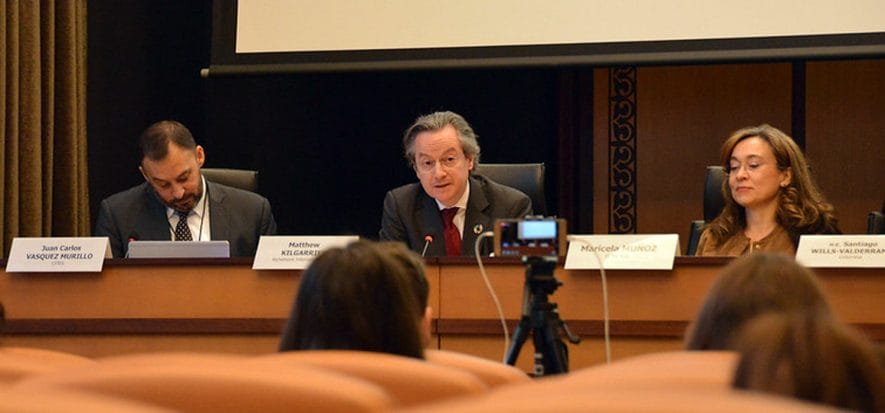“And so the luxury client, the top shopper, allows the conservation of Louisiana alligators, the top predators”. That of Matthew Kilgariff, director of Richemont’s Corporate Social Responsibility, looks like a joke, but it’s not. The manager, from the stage of the World Wildlife Day 2020 held on March 3rd at the United Nations in Geneva, confirms a fact that to the general public may sound counterintuitive. The economic exploitation of alligators, for the production of leather straps of the Swiss group brands, protects their conservation. In other words: it is luxury that saves Louisiana alligators.
Louisiana Alligators
“The fact that alligators only lay eggs in nature allows swamps to remain swamps – are the words by Kilgariff in a press note -. If it were not so, Louisiana’s landowners would convert the funds, they would not maintain their natural conditions. In doing so, they would destroy the biotopes on which 8,000 species depend, including alligators”. It is a counterintuitive argument for public opinion, we said. But it is a concept that insiders know well. The promise of an economic reward, inserted in a regulatory context that guarantees the balance between human activity and biodiversity, has allowed the Louisiana alligator population to grow exponentially in recent decades.
The importance of wetlands
In addition, as Richemont manager kept emphasising, wetlands “retain a phenomenal amount of carbon dioxide, but disappear more quickly than forests”. The anthropic intervention must be taken into consideration: “In an ideal world, the swamps of Louisiana and all wetlands would be preserved forever, without any human intervention. At the opposite side, there is the possibility that these areas are dried up. Friends of the IUCN Crocodile Specialist Group tell me that this system is almost too good: we have set the bar very high for the remaining world projects”. So it is and, for now, so it remains.
Image from cites.org
Read also:











